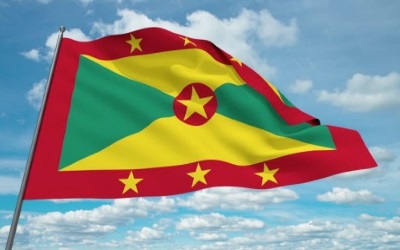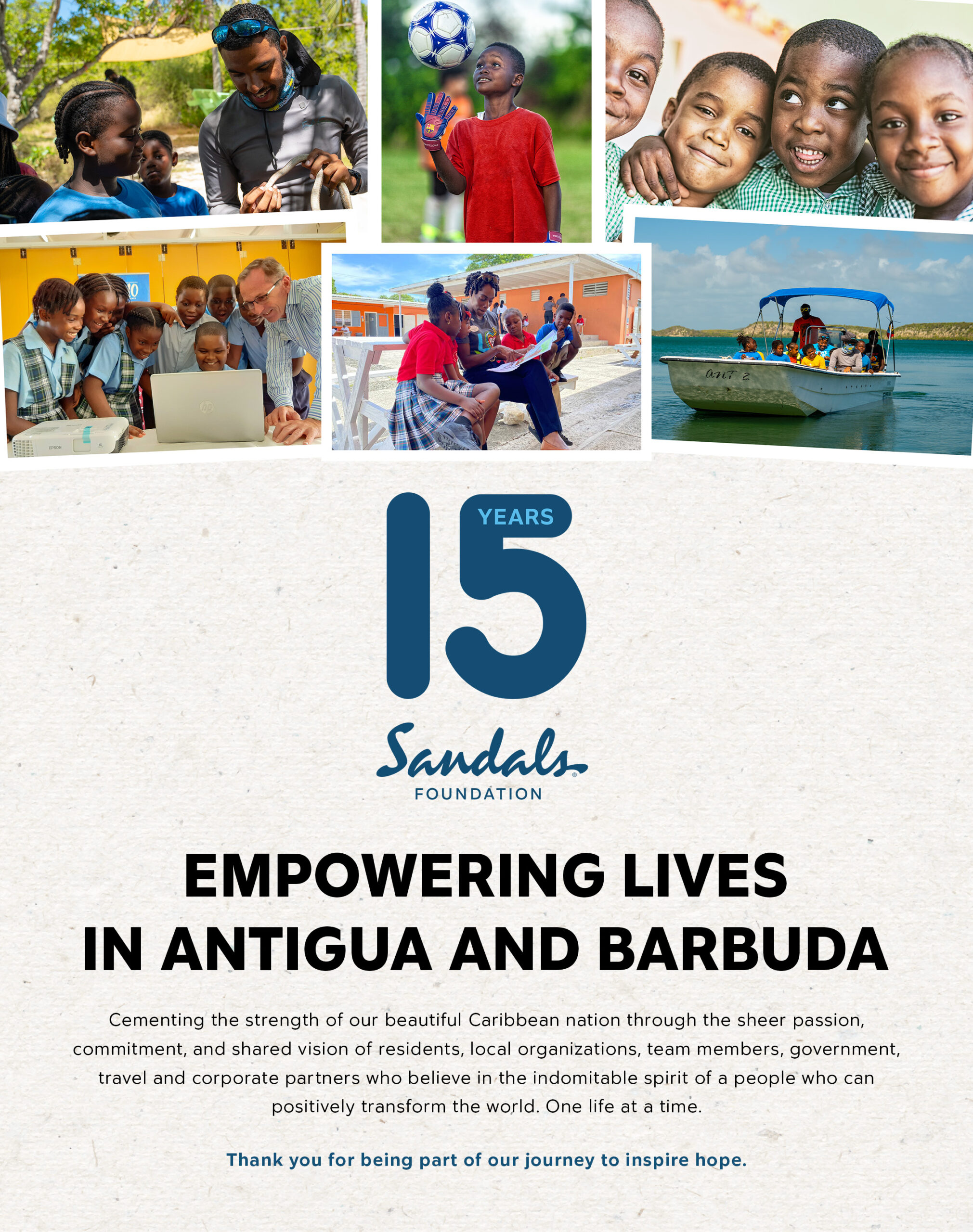
Grenada, which has not recorded a case of measles for the past two decades, says it is stepping up surveillance at ports of entry to ensure that the island
“We already held a session with front line workers at the Maurice Bishop International Airport and will hold more sessions with frontline workers at other ports of entries, these are the people who meet visitors first. We are building their awareness about the sign and symptoms of measles so the necessary action can be taken if there is a need,” said Chief Medical Officer, Dr George Mitchell.
“Currently we have a 95 per cent vaccination rate for citizens and those who are not sure of their status and want to get vaccinated should check a doctor or any health clinic, it given for free; that five per cent who don’t have the vaccine are persons who are refusing for religious grounds and other personal reasons,” he said.
Epidemiologist in the Ministry for Health, Dr Shawn Charles, said like with all disease personal prevention and protection is important and he hopes that Grenada will reach the 100 per cent target for measles.
“One of the biggest challenges we have currently and it’s not just in Grenada are the persons who are using social media platforms to spread misinformation about vaccines. Most of the information online from these anti-vaccine messages are false and usually not based on scientific research and persons are believing it,” he said.
‘The wider implication is that more and more persons are refusing vaccination which can build up their immune system to avoid some of these diseases which were at one time seen as under control worldwide,” he added.
Dr. Charles said that getting vaccinated is the only sure way the disease will not spread.
“The vaccine is available at all Government clinics, there is no charge for it, all a person needs to do is walk in and request it, the healthcare provider will be more than pleasing to administer it,” he said.

Measles appears on the body around 10 to 14 days after a person is exposed to the virus. The signs and symptoms include: Fever, dry cough, runny nose, sore throat, conjunctivitis and a skin rash that starts on the face.
Earlier this week, St. Lucia health authorities urged nationals to be vigilant as they closely monitor the situation in Europe and Latin America.
Acting National Epidemiologist Dr. Michelle Francois said that while the island has been free of local transmission of measles since 1990, the Department of Health is asking St. Lucians to remain vigilant given the travel ties with affected countries during the tourism season.
Advertise with the mоѕt vіѕіtеd nеwѕ ѕіtе іn Antigua!
We offer fully customizable and flexible digital marketing packages.
Contact us at [email protected]
















